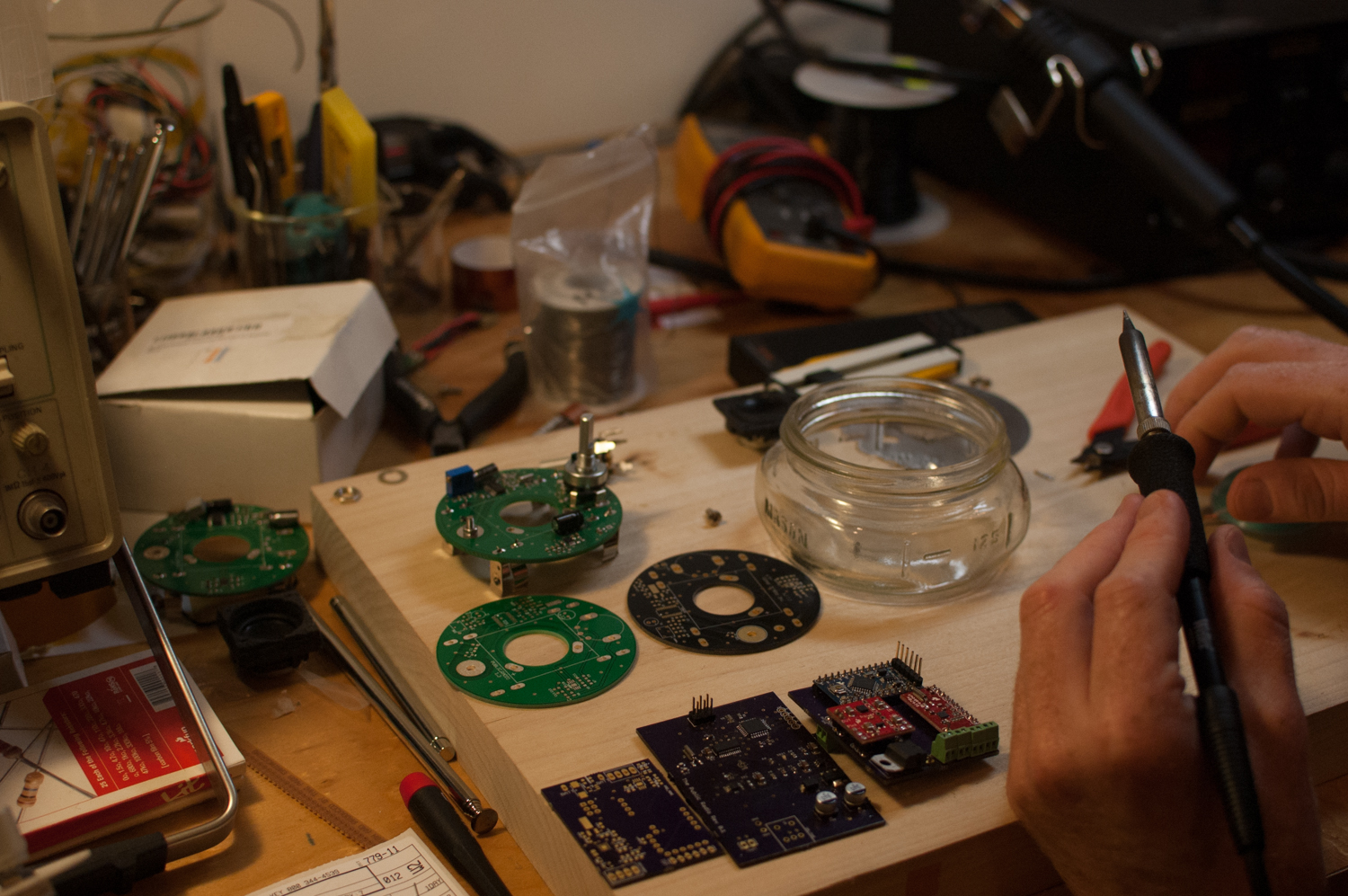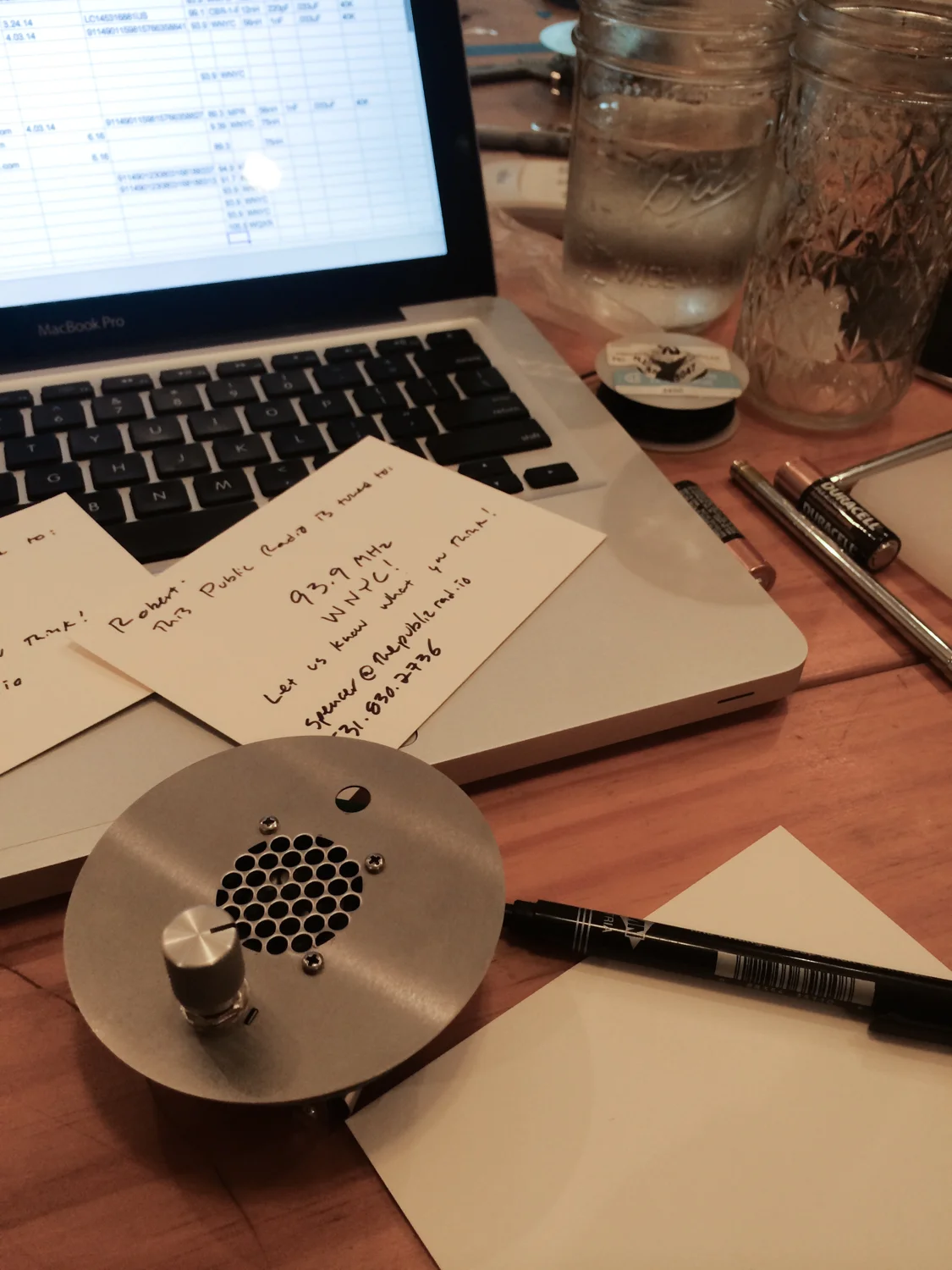A few quotes from a good article on Arup. Emphasis throughout is mine.
Problem-solving in the Arup fashion, it turns out, means not being afraid to cause a few problems along the way. “It’s that ability to believe that chaos in a way resolves itself—it doesn’t matter if it’s overly complicated to begin with,” Carfrae says. “Just keep talking, and at some point, it’ll become clear.”
And:
A unique corporate ethos, one so totalizing as to amount almost to a sort of civic cult, pervades the firm, and it gives the engineers the impetus to go out on a limb the way they do: Organizationally, the firm is configured on the horizontal axis rather than the vertical, with a rotating set of board members and trustees who guide the direction of the company but are never far removed from its operations or shut off from the voices of workaday engineers. “Everybody in Arup feels totally empowered to have a view on everything,” says engineer Tristram Carfrae. As an Arup Fellow, Carfrae is part of that active, vocal culture, functioning as a free agent who can move from office to office and project to project, helping to counter the centralizing, sclerotic tendency that sometimes besets large companies like Arup. Most importantly, Arup is wholly owned by its employees, with profits shared equitably by all of its offices. If, say, the firm overall has a banner year but one of its affiliates stumbles, the chairman and employees of the latter won’t suffer for it financially. As a result, every engineer has the freedom to try something new without constantly fretting over the bottom line.
And:
In any case, after nearly seven decades and tens of thousands of structures big and small, Arup seems confident in its own singularity. “Every time we take advice from a management consultant, we take it as what not to do,” jokes Carfrae, adding, “We don’t want to become like the corporate mainstream.” To Raman, what makes the company unique isn’t a matter of looking back to a set of antiquated commandments, but of finding practical ways to apply them to today’s problems. Arup’s heritage isn’t “a mantra that’s out there,” says the chairman. “Don’t refer to it. Bloody live the thing.” The proof, after all, is in the projects, and whatever indirections Arup’s process might entail, its engineers seem to be finding their way just fine.









